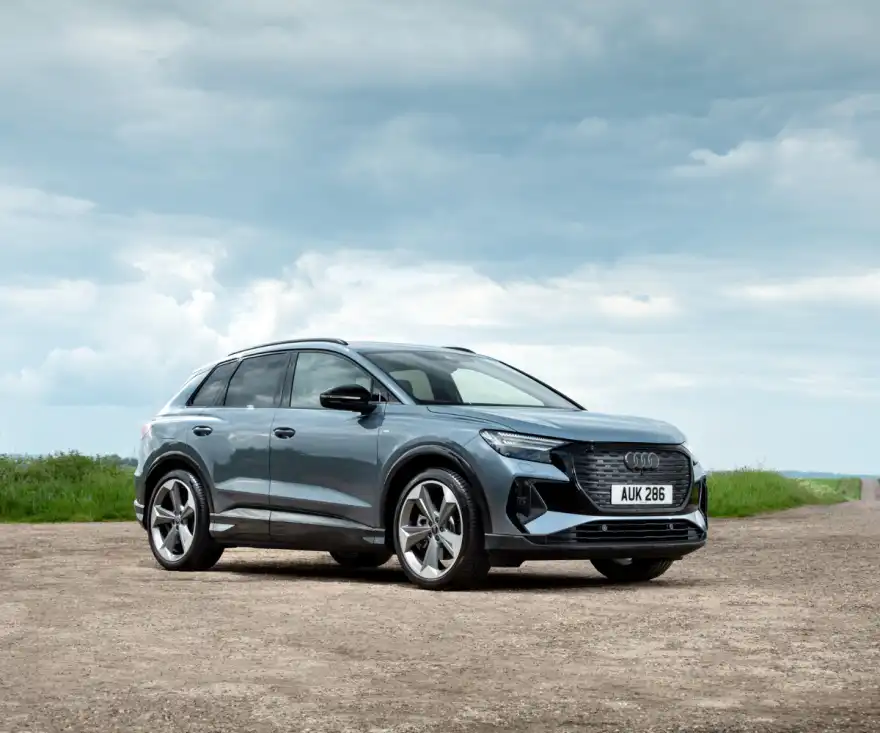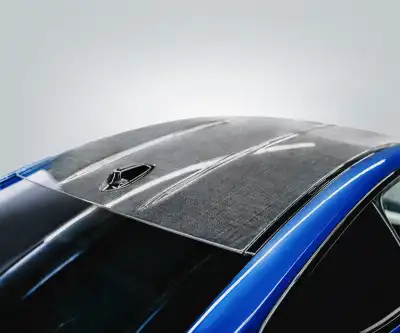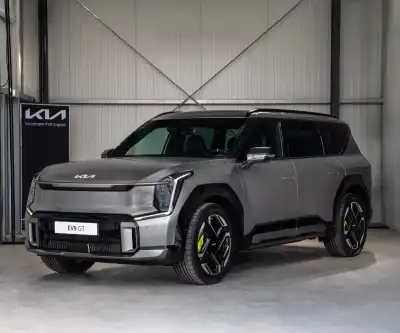
Audi has just made a major U-turn on its EV plans – and it’s a big deal for anyone thinking about buying a car in the next few years.
The German brand had originally said it would stop developing petrol and diesel engines by 2033. But now? That plan’s been scrapped. Instead, Audi will keep making petrol cars, diesels, and plug-in hybrids well into the next decade.
So, what’s changed?
Audi’s CEO, Gernot Döllner, says the brand is now going for "flexibility" instead of firm EV deadlines. In short, Audi wants to wait and see how the market evolves before going all-in on electric.
It’s a big shift. Audi was supposed to stop making new petrol-only cars as early as next year, with the new Q7 being the last. But that’s no longer the case. Now, Audi will launch a whole new line-up of petrol and hybrid models between 2024 and 2026.
And it’s not just Audi doing this.
Volvo, Porsche, Fiat, and even Mercedes have all recently walked back on their EV-only goals, admitting that EV demand hasn’t grown as quickly as they expected. The UK Government also softened its stance earlier this year, now allowing hybrid sales to continue until 2035 – giving carmakers (and drivers) more breathing room.
Why Should You Care?
If you’re thinking about your next car, this means hybrids will be around longer – which is great if you’re not ready to go fully electric yet. Hybrids offer short electric-only journeys but still have a petrol engine when you need to drive further.
Audi’s already lined up 10 new plug-in hybrid models for 2025, including updated versions of the A3, A5, A6, Q3, and Q5 – with the A5 PHEV being revealed next week. So if you're after something modern, efficient, and flexible, you’ve got options.
Audi’s Long-Term EV Plan
Although Audi is slowing down its EV push, it’s not abandoning it. The brand is still planning to launch fully electric cars using tech developed in partnership with American EV firm Rivian (the one that makes those futuristic trucks). The first of these Audis will land in 2027 or 2028.
The smaller Audi A1 and Q2 will be discontinued, and in their place, we’ll get a new entry-level EV roughly the size of an A3 launching in 2026.
What About Diesel?
Don’t expect much from Audi on the diesel front. The company says it won’t invest in new diesel engines – but it will continue selling its current models as long as they meet EU rules. Demand is already dropping fast, though, especially among younger drivers.
Who Else Is Delaying EV Plans?
- Volvo: Pushed back its full-EV target to the end of the decade; hybrids still part of the plan.
- Porsche: Will keep selling petrol-powered Cayennes beyond 2030.
- Mercedes: Extending the life of the A-Class until at least 2026.
- Audi: New petrol and hybrid models launching through 2026. EVs still coming, just later.
The EV transition isn’t happening as fast as once promised – and that’s not necessarily bad news if you still prefer petrol or hybrid power. Whether you’re planning to go electric now or later, Audi and others are making sure you’ve got choices into the 2030s.




